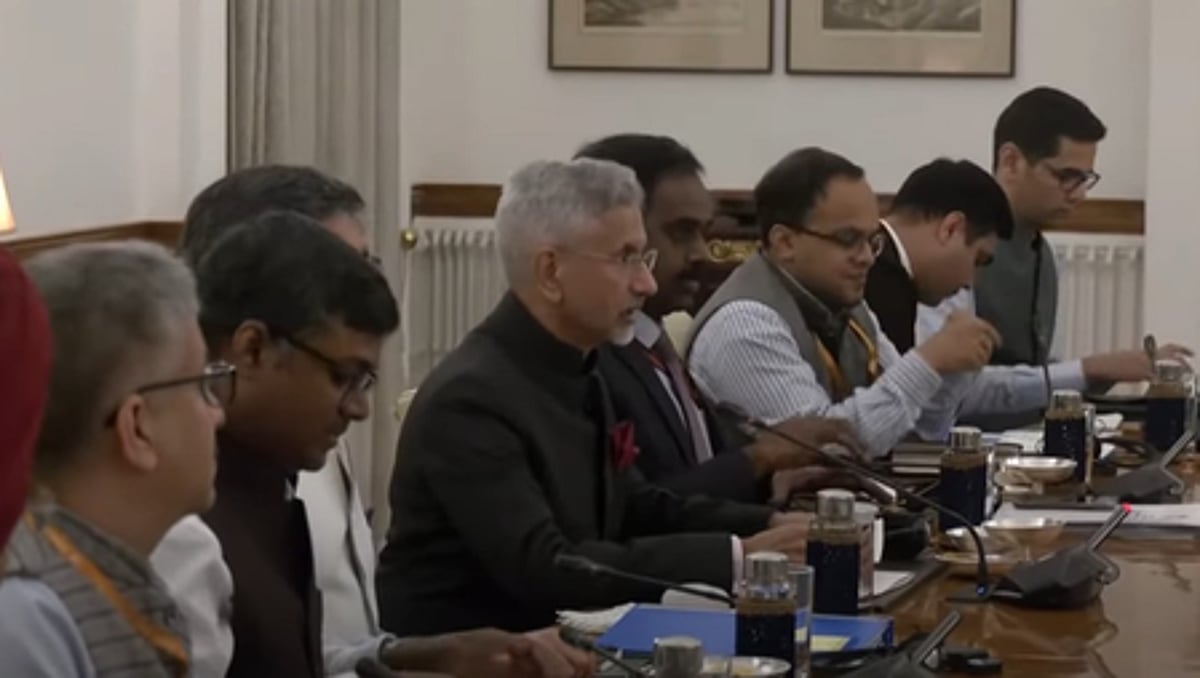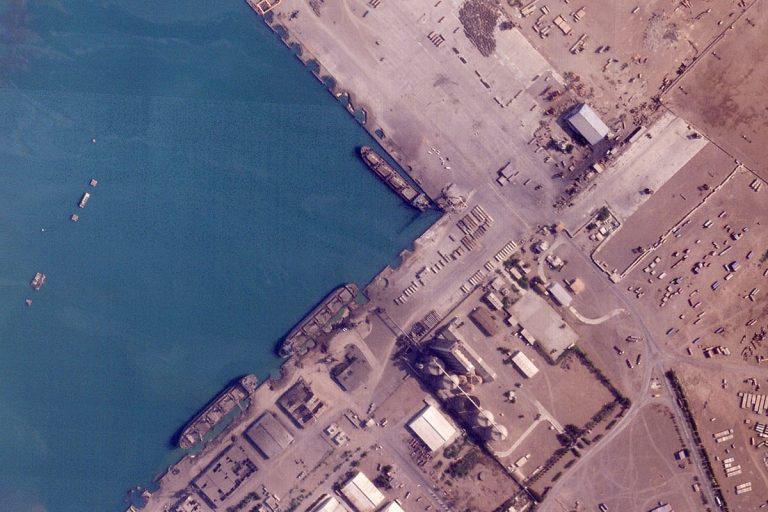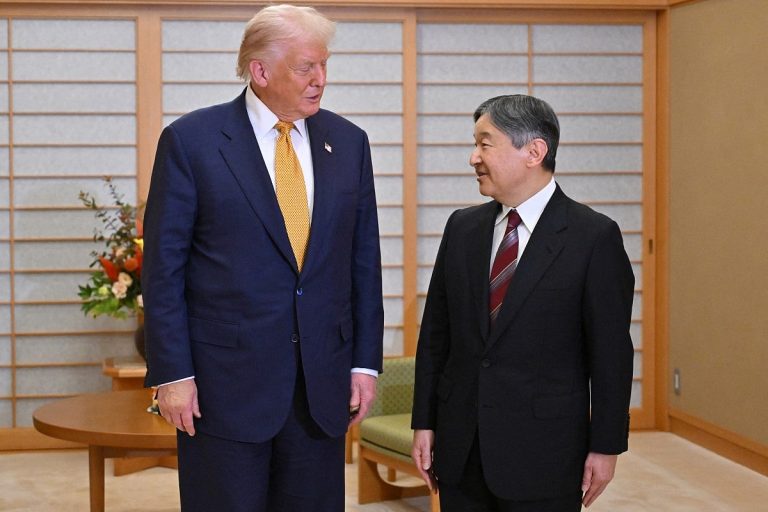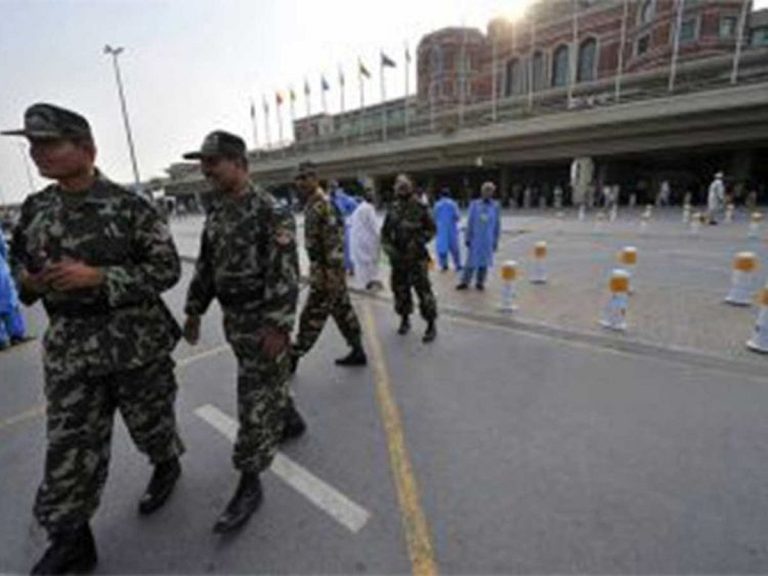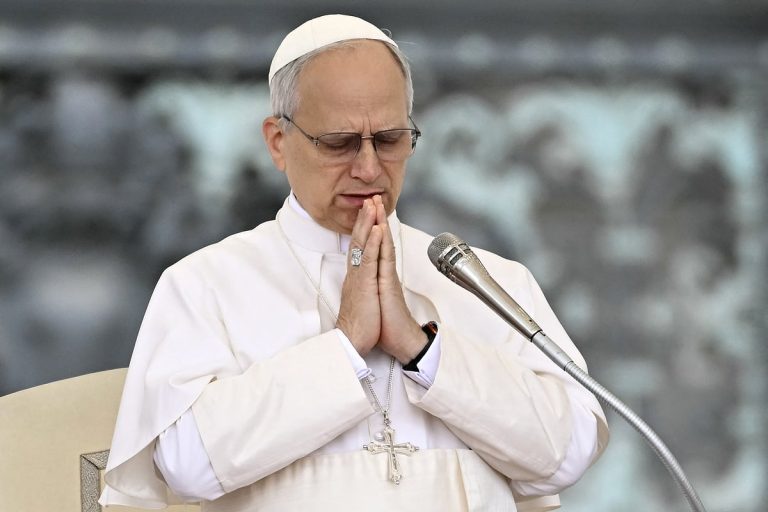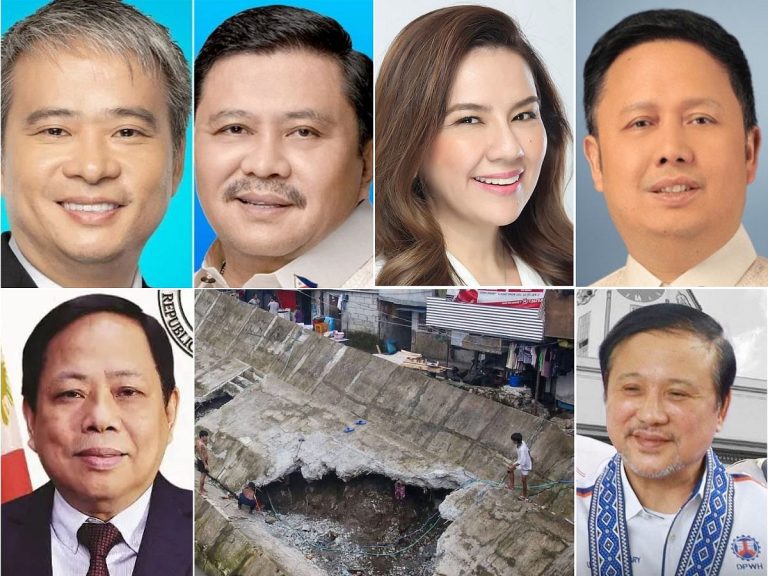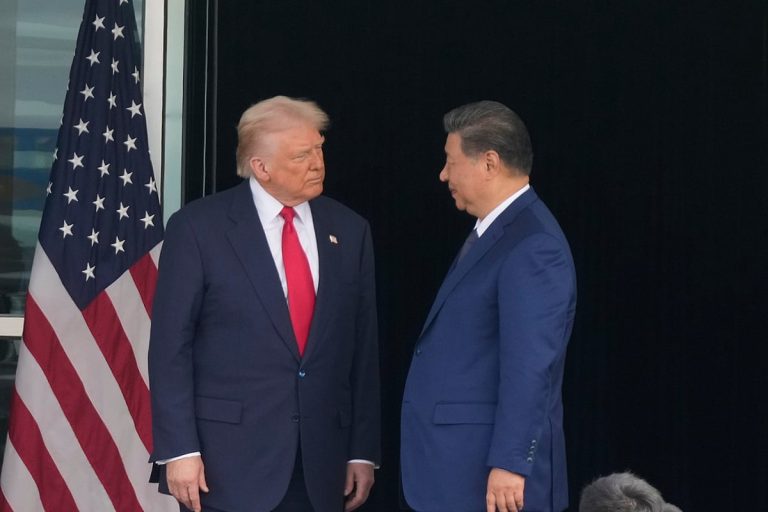India Upgrades Kabul Mission to Full Embassy Status
India is taking a significant step in its diplomatic relations with Afghanistan by upgrading its technical mission in Kabul to a full-fledged embassy. This decision was announced by India’s Foreign Minister Subrahmanyam Jaishankar following a meeting with Afghanistan’s Foreign Minister Amir Khan Muttaqi in New Delhi. This marks the first high-level diplomatic engagement since the Taliban assumed power in 2021, ending two decades of U.S. military presence in the country.
Commitment to Afghanistan’s Development
During the joint press briefing, Jaishankar emphasized India’s commitment to supporting Afghanistan’s development across various sectors, including trade, health, and education. He reiterated India’s respect for Afghanistan’s sovereignty and territorial integrity, stating, “Closer cooperation between us contributes to your national development, as well as regional stability and resilience.” This commitment highlights India’s strategic interests in the region and its desire to foster a stable Afghanistan.
Diplomatic Engagement Amid Historical Antipathy
Muttaqi’s visit to New Delhi was made possible by a temporary travel exemption granted by the UN Security Council, allowing him to engage in discussions with Indian officials. This visit follows his participation in an international meeting in Russia, which included representatives from several countries, indicating a broader interest in Afghanistan’s geopolitical landscape. The upgrade of India’s mission underscores a notable shift in relations, despite the historical tensions between India and the Taliban.
Strategic Implications for India
India’s decision to elevate its diplomatic presence in Afghanistan is seen as a strategic maneuver to counterbalance the influence of regional rivals, particularly Pakistan and China. Experts suggest that this engagement reflects a reassessment of India’s foreign policy, shaped by the need to avoid being sidelined in Afghanistan’s evolving political landscape. Praveen Donthi, a senior analyst with the International Crisis Group, noted that India views its foreign relations through the lens of its rivalry with China and Pakistan.
The Taliban’s attempts to establish a balanced foreign policy resonate with India’s own strategic objectives. As Afghanistan’s ties with Pakistan have become strained, particularly over issues like refugee deportations and border tensions, India’s engagement is perceived as a way to enhance its influence in the region.
Historical Context and Future Prospects
When the Taliban regained control of Kabul four years ago, Indian security analysts expressed concerns that this would bolster Pakistan’s influence and exacerbate insurgency issues in Kashmir. However, India has maintained contact with the Taliban, establishing a technical mission in Kabul in 2022 focused on humanitarian aid and development. This ongoing engagement has paved the way for increased diplomatic interactions this year.
India has also been a refuge for tens of thousands of Afghan nationals, including students and businesspeople, many of whom fled the country after the Taliban’s return to power. While Afghanistan’s embassy in New Delhi closed permanently in November 2023, its consulates in Mumbai and Hyderabad continue to operate with limited services.
The Taliban’s International Standing
Despite the Taliban’s efforts to engage with various nations, including establishing diplomatic ties with China and receiving recognition from Russia, the group remains largely isolated on the global stage due to its restrictive policies, particularly concerning women’s rights. This isolation presents both challenges and opportunities for India as it navigates its relationship with the Taliban.
FAQs
What prompted India to upgrade its mission in Kabul?
India’s upgrade to a full embassy reflects its commitment to Afghanistan’s development and a strategic response to regional dynamics, particularly concerning Pakistan and China.
How has the Taliban’s international recognition evolved?
While the Taliban has sought recognition from various countries, it remains largely isolated due to its policies, especially regarding women’s rights. Russia was the first country to recognize the Taliban’s government.
What role does India play in Afghanistan’s future?
India aims to support Afghanistan’s development and stability while countering the influence of regional rivals. Its engagement is crucial for fostering diplomatic relations and ensuring a balanced approach in the region.
Conclusion
India’s decision to elevate its diplomatic mission in Kabul marks a significant shift in its approach to Afghanistan, reflecting both a commitment to regional stability and a strategic recalibration in response to geopolitical challenges. As India continues to engage with the Taliban, the focus will be on fostering development and navigating the complexities of international relations in a changing landscape.
Also Read:
Tony Blair’s New Role in Gaza: Opportunities and Challenges

